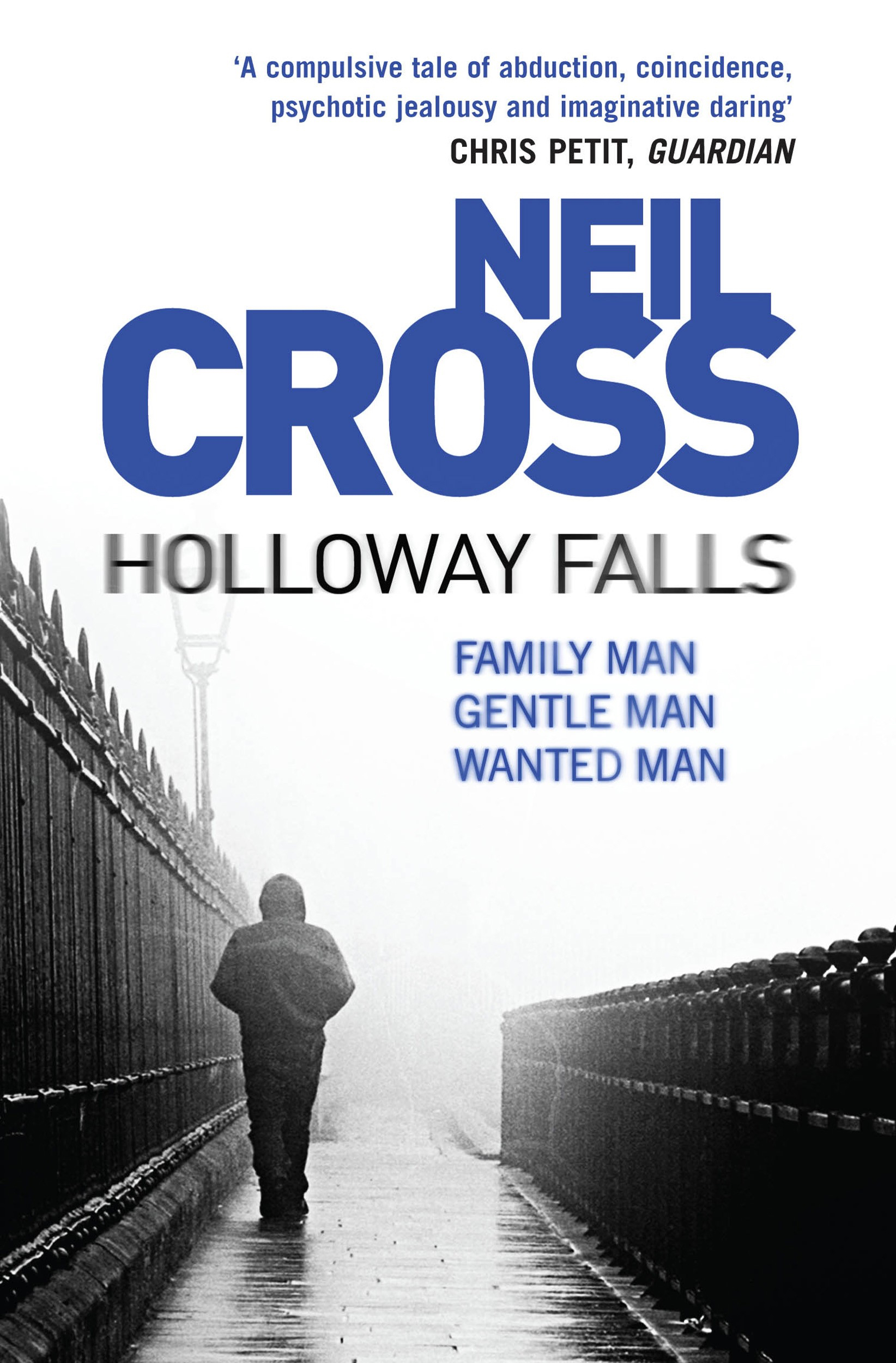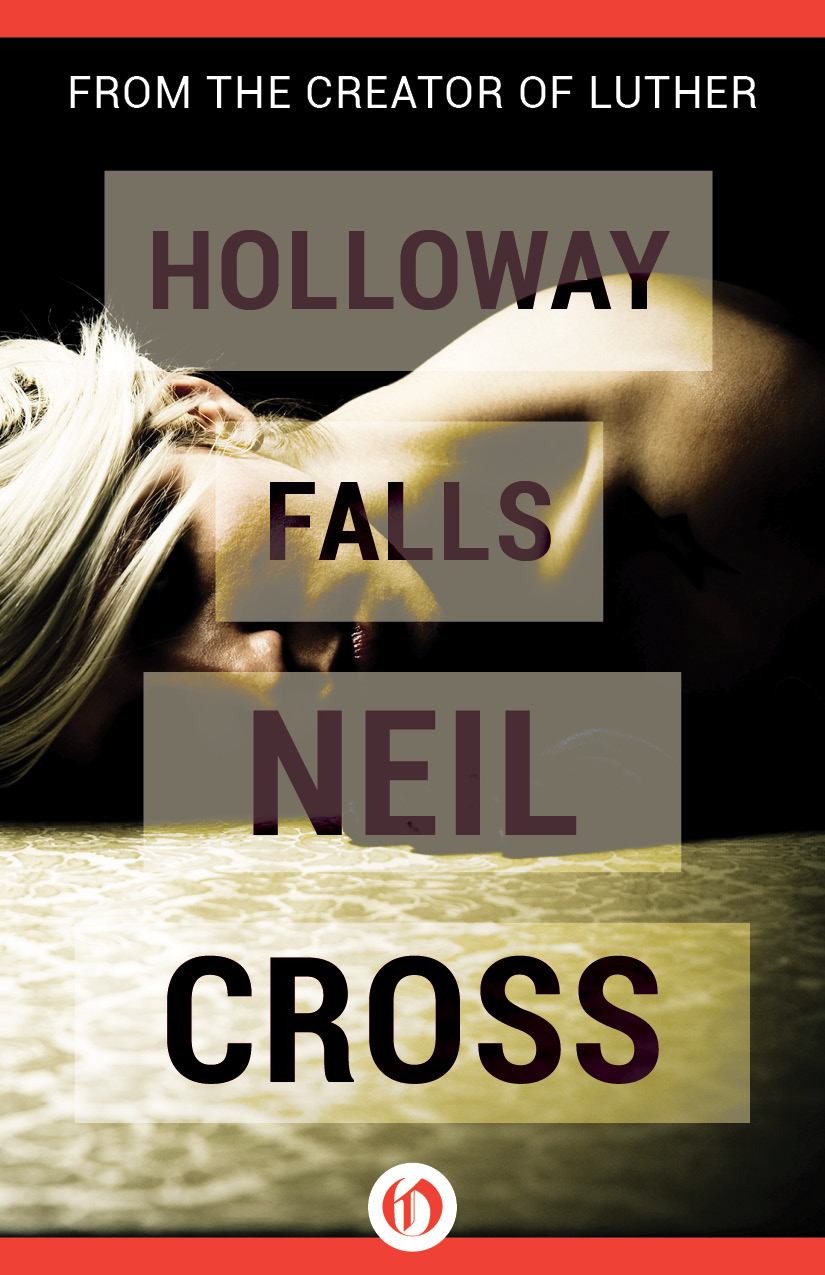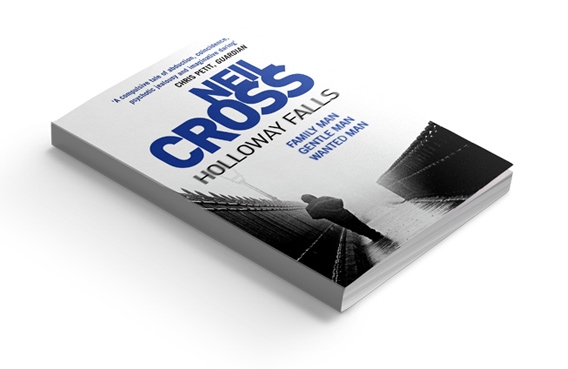‘An ingenious revenge thriller which draws you in with its spare, snappy prose, then messes with your head as deviously as the dreamers, charlatans and conspiracy theorists who populate it’
Time Out
‘A compulsive tale of abduction, coincidence, psychotic jealousy and imaginative daring’
Chris Petit, Guardian
‘Cross’s acutely observed England is governed by chaos: fraudulent cultists, superstition, the tabloid impulse and junk food. Destructive energies explode the veneer of everyday life . . . Cross’s precision keeps tight rein of this page-turning plot’
Observer
‘Distinctive, original . . . powerfully atmospheric and hypnotically rendered. You may not be able tos ay precisely where you’ve been, but you’ll know you’ve taken a hell of a ride’
Literary Review
‘Clever, continually surprising’
Big Issue
‘Sparkles with genuinely absorbing situations and characters’
Maxim
‘Neil Cross’s story is carefully told, finely spun, and while it does have the sex, violence and brutality of many of its peers, these men also feel. And cry. And care about their daughters. Which makes them way more interesting to read in an everyday love story gone badly wrong’
Stella Duffy
‘In the pantheon of screwed-up detectives there are several low-lifes for us to admire – Rebus, Robicheaux, some might say Columbo – but even in such exalted company William Holloway is a name to watch’
Arena
Andrew had done his research.
Although he knew the odds on successfully faking suicide were not good, one night
he caught a train to the south-west cast of England and fabricated his death by
drowning.
It took a year after Christendom’s release into a silent void for me even to sit down and begin writing Holloway Falls. By now I was in my late 20s; I’d been living in London for half a decade — I had a proper day job and was being paid the first decent wage I ever earned.
After three or four chapters of what was then to be called Nowhere, Forever I stumbled and got stuck. I put the manuscript in a drawer, where it stayed for a further eighteen months; untouched, unread and unspoken of.
Part of the trouble was, by now I didn’t know how to write without drugs. I’d learned to hammer out fifteen thousand words in a marathon, speed-fuelled sitting. But having a proper job was tiring and time-consuming: diligently writing 500 words a day hardly seemed worth the effort.
So I stopped. I still thought about writing every day; I just didn’t do it. I blamed the day job. It was a vampire, sucking the writing out of me. It never occurred to me that my own lack of discipline might be to blame.
During all this, Nadya and I fell in love and got married. I became a father. I was happy, far happier than I’d ever been. But I wasn’t writing. I knew if I had one more promotion, I might never write again, and I’d regret it for the rest of my life. It was time to think about quitting the day job.
Except quitting the day job was unthinkable. I was thirty-two: we had a mortgage, terrifying credit-card debts, a hungry baby. I wanted to be a good father and a decent husband, and was that any way to start — walking out of a good job so I could write stories?
If Nadya had doubted my motives, I don’t think I’d have found the courage. But she didn’t; she made the decision sound like it actually made sense; actually, she made it sound like it was the only decision possible. So I handed in my notice and for a year I didn’t earn a penny. Nadya supported us. Her resolution, her faith in me, never wavered. Every writer, everyone, should be so lucky.
And still, with all this, I was somehow under the impression that “real” writers wait for inspiration to strike. It took me far longer than it should to learn that it’s about discipline, about sitting at the keyboard every morning and not leaving until you’ve done what you sat down to do. Without that, all the ideas in the world are worth nothing.
Between typing “Chapter One” of Nowhere, Forever and the novel’s eventual publication as Holloway Falls, nearly four years passed. I changed agents and moved publisher. I fell in love, got married, became a dad; I left my day job, I earned no money for an entire year, I became a dad again and emigrated with my young family to New Zealand.
The book was well reviewed but wasn’t a huge commercial success — partly because my new publisher wanted to give a serious push to Always the Sun, which came next. But I hope you’ll understand when I say that Holloway Falls is one of my favourites. It’s the bridge between being a kid and being a grown-up, the transition between being a wannabe and becoming what I wanted to be.


US Edition: Open Road Media (December 2014)

